19 GPTs for Policy Understanding Powered by AI for Free of 2025
AI GPTs for Policy Understanding are advanced computational tools designed to interpret, analyze, and provide insights on various policies. Leveraging Generative Pre-trained Transformers, these AI models are adept at handling tasks related to policy analysis, offering customized solutions for understanding complex policy documents, regulations, and legislative texts. Their relevance lies in their ability to process and make sense of vast amounts of policy-related information, providing tailored outputs that cater to the specific needs of users interested in policy matters.
Top 10 GPTs for Policy Understanding are: Cannabis Regulation Advisor by Yerba Buena,Economics,Terms of Use & Privacy policy Assistant,DecretoGPT,日本の医療制度改革ナビ,Informante Político BR,GDPR Guru,EU Funding Instruments Expert,CongressionalGPT,WA Legal Companion
Cannabis Regulation Advisor by Yerba Buena
Navigate Cannabis Laws with AI-Powered Precision

Economics
Empowering Economic Understanding with AI
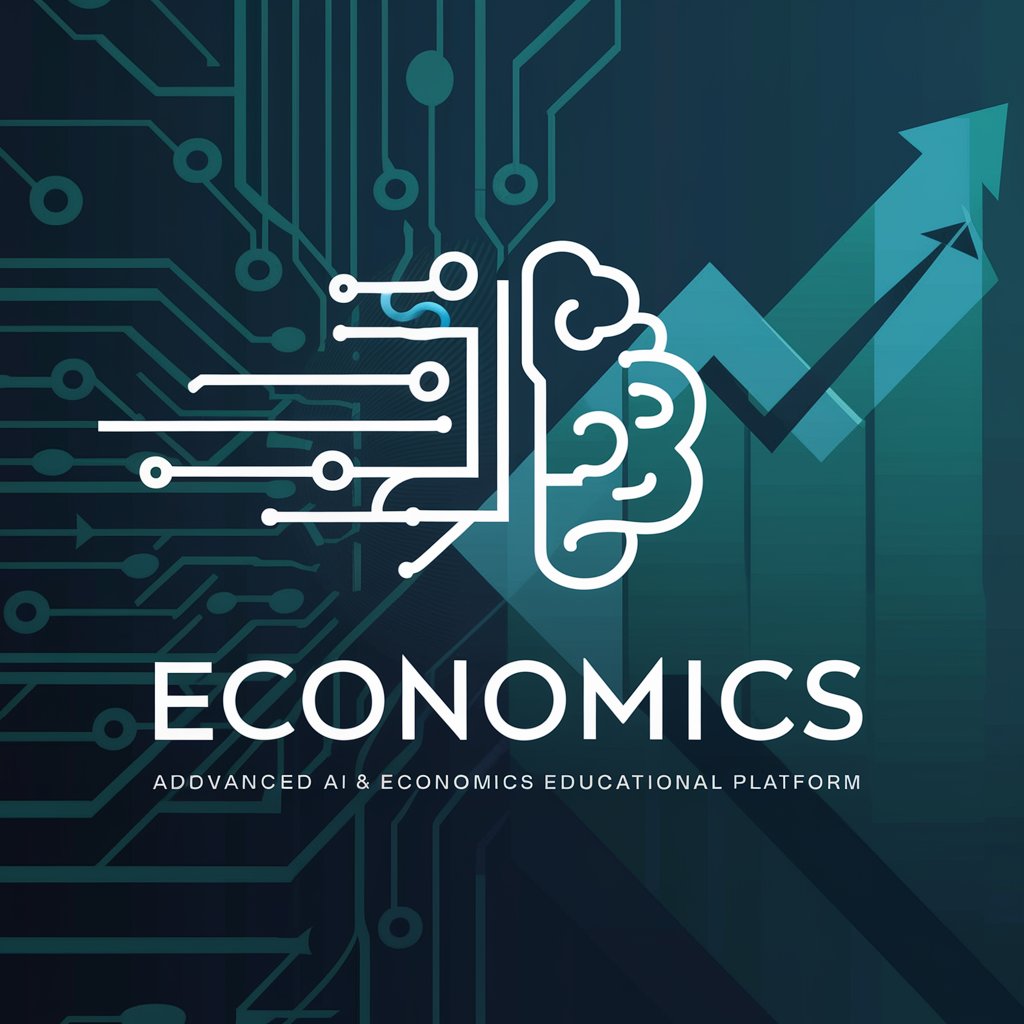
Terms of Use & Privacy policy Assistant
Navigating legal documents with AI
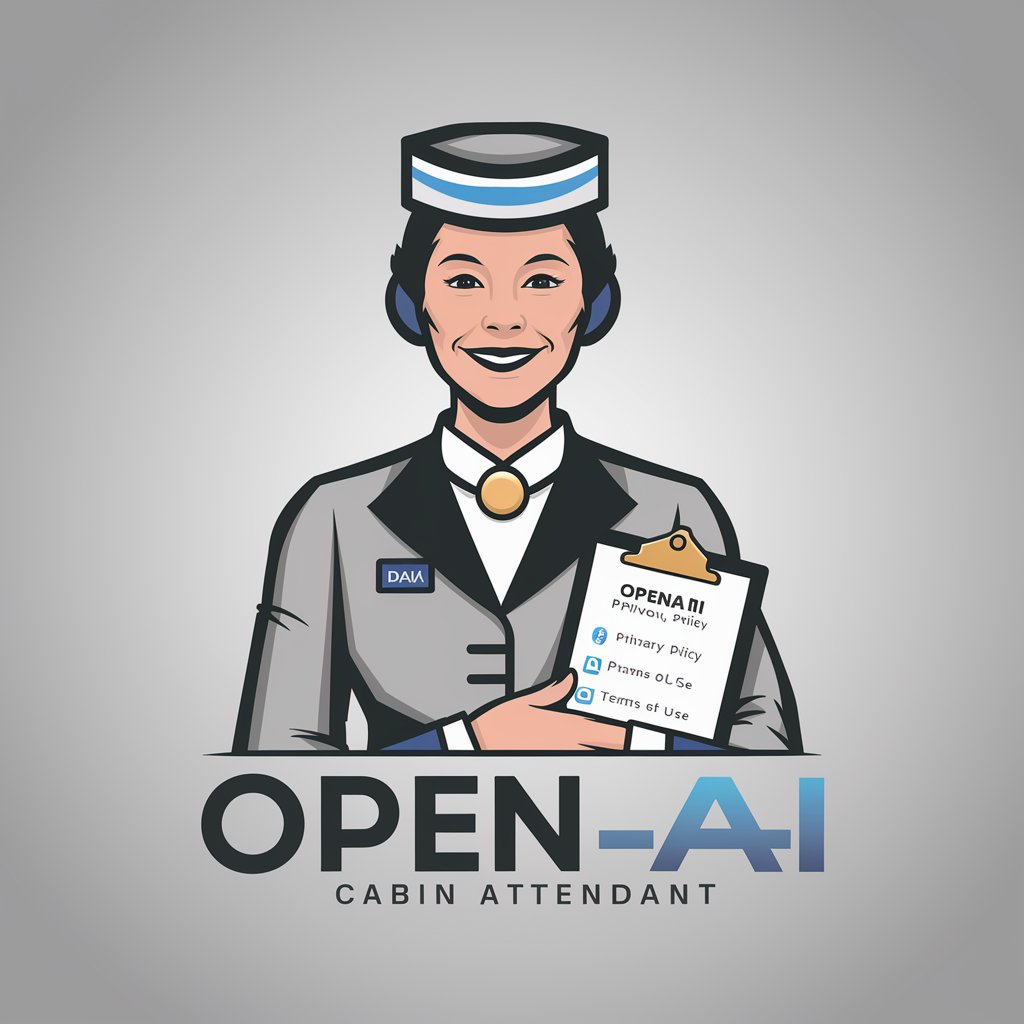
DecretoGPT
Deciphering Decrees with AI Power
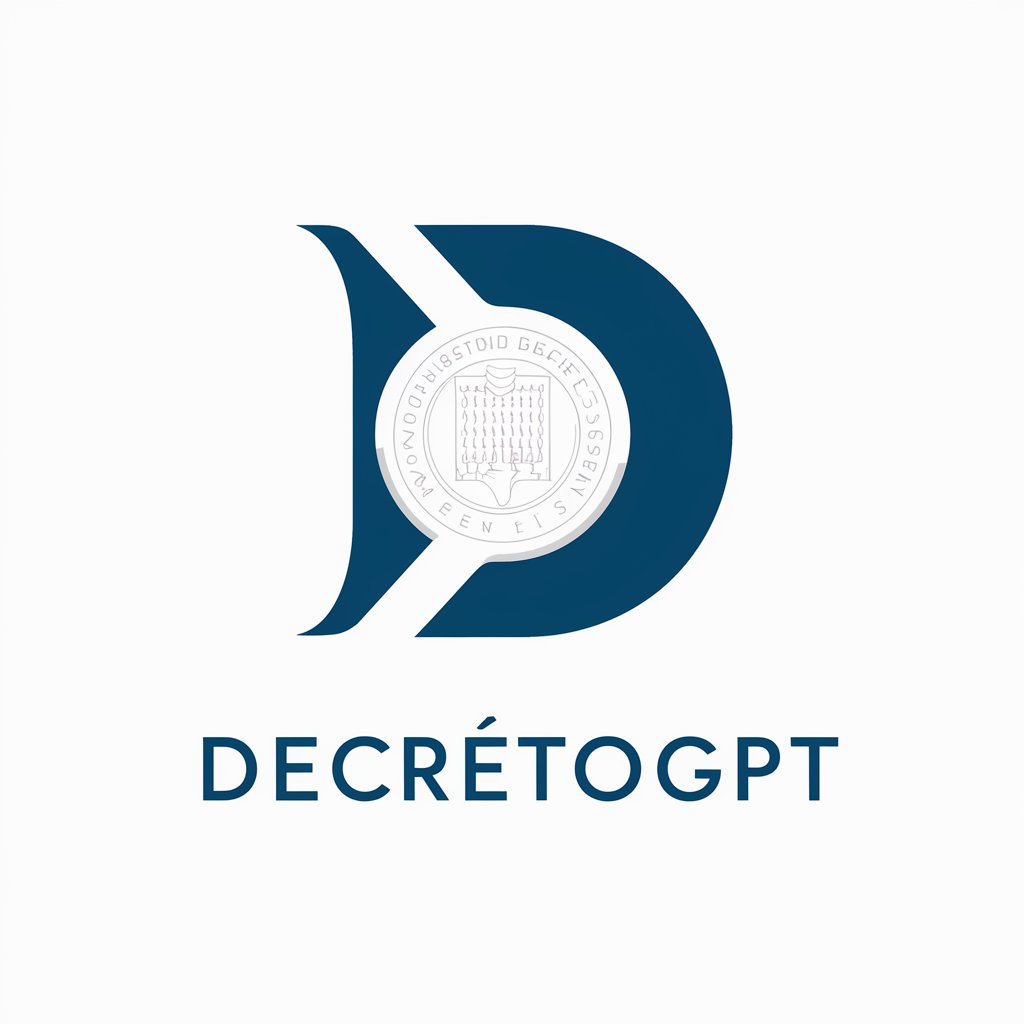
日本の医療制度改革ナビ
Navigating Japan's Healthcare Reform with AI

Informante Político BR
Uncover the heart of Brazilian politics with AI.

GDPR Guru
Simplifying GDPR compliance with AI-powered guidance.

EU Funding Instruments Expert
Navigate EU Funding with AI

CongressionalGPT
Navigate Congress with AI-powered Insights
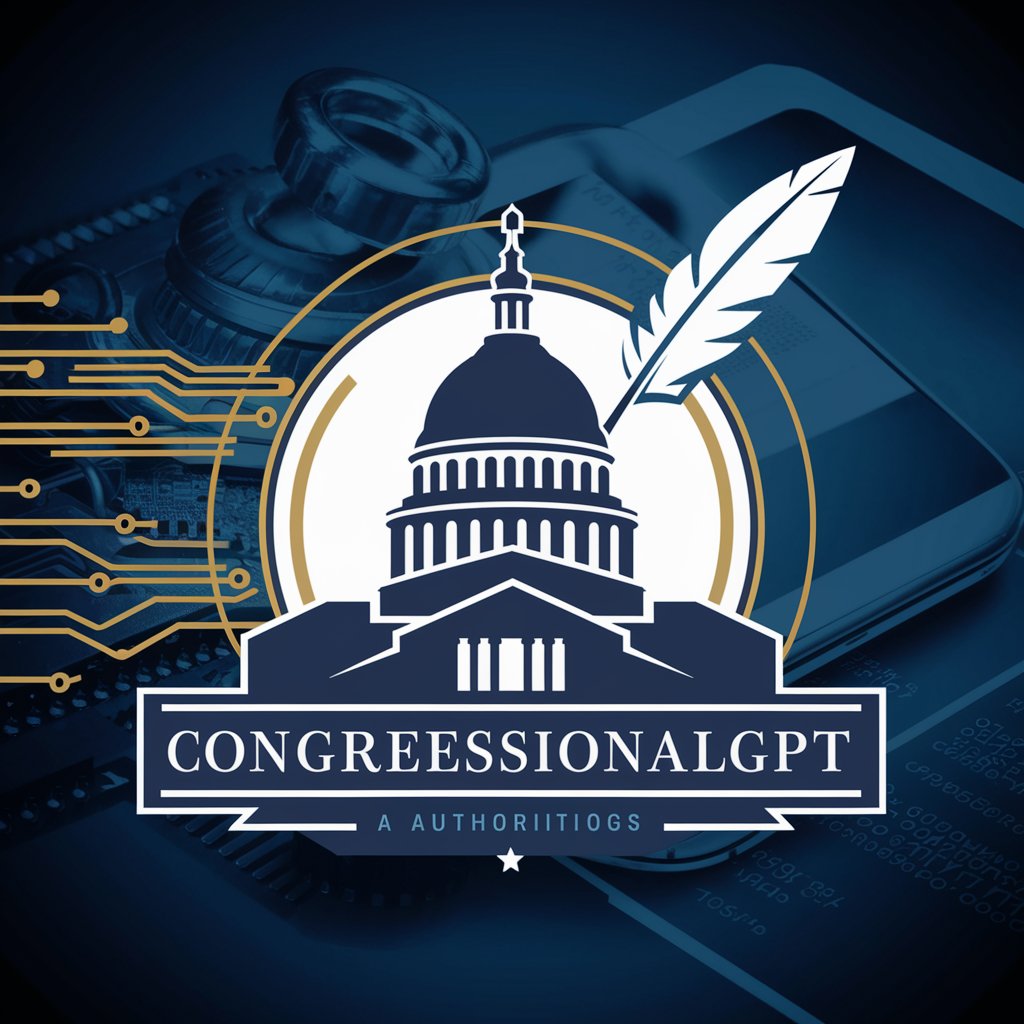
WA Legal Companion
Empowering Legal Understanding with AI

고등학교 정치와 법: 법 상담 선생님 ^^
Empowering Legal Education with AI

Immigration Law Counselor
AI-Powered Immigration Law Expertise at Your Fingertips

WHEA Contract Guide
Clarifying contract language with AI power

🔍🗳️ Integrity Sentinel GPT
Empowering clarity in political discourse.
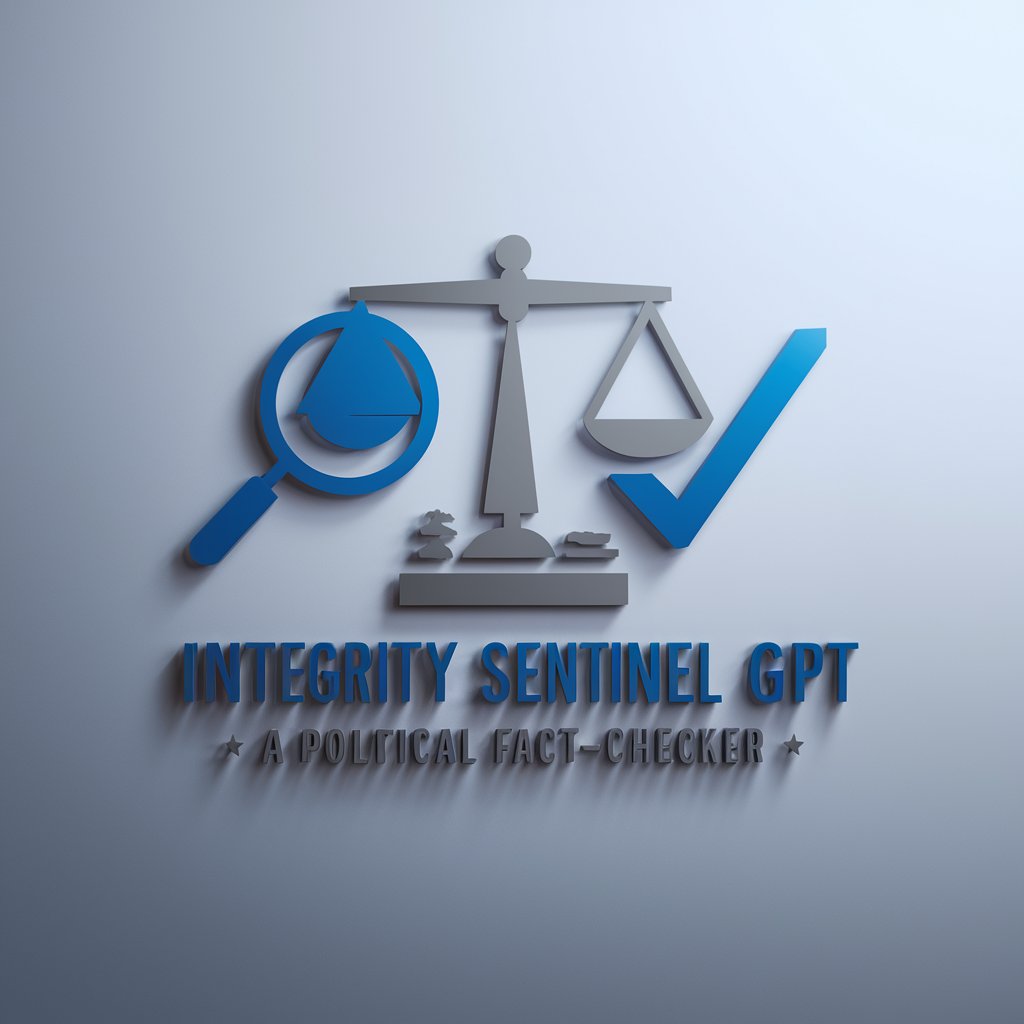
Insurance Explainer
Empowering insurance understanding with AI

Free Immigration Lawyer Expert
Empowering your immigration journey with AI.

DoE Education AI
Simplifying Education with AI
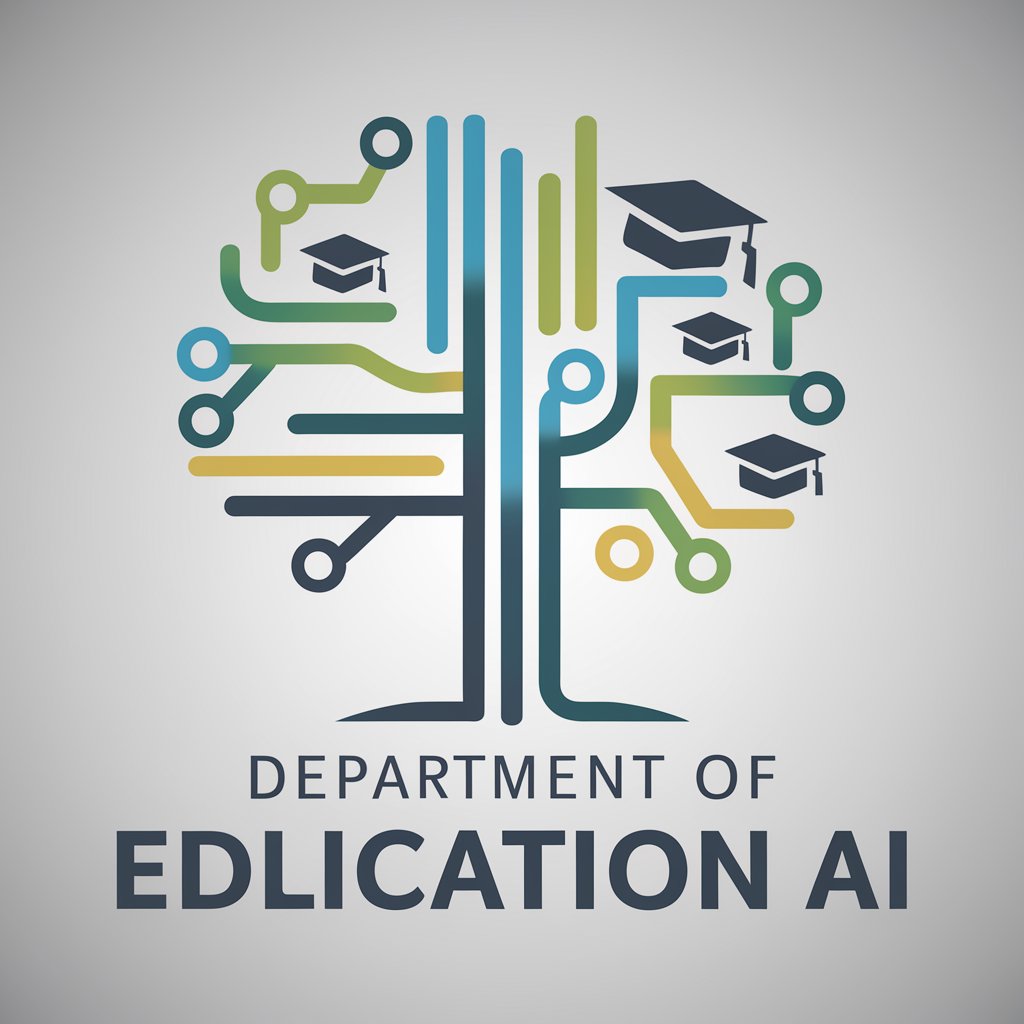
Insurance Policy Explainer
Simplifying insurance with AI
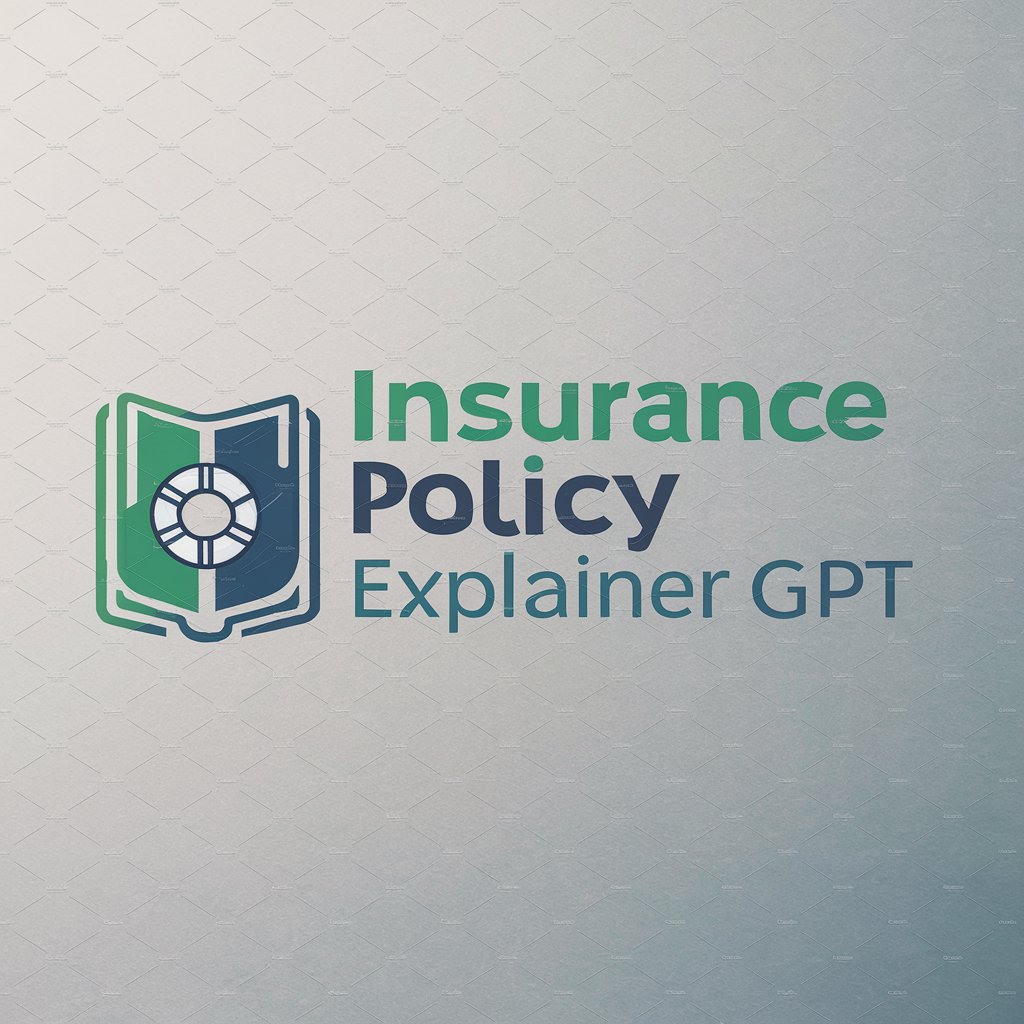
OREA Insurance Helper
Streamline Your Insurance Understanding with AI

Key Attributes and Functions
AI GPTs for Policy Understanding boast a range of unique features tailored to the domain of policy analysis. These include advanced natural language processing capabilities for interpreting policy language, adaptability to various policy contexts, and the ability to generate detailed summaries and analyses of policy documents. Specialized features may encompass language translation to bridge policy understanding across different regions, technical support for integrating with policy databases, web searching for the latest policy updates, image creation for visual summaries, and data analysis tools for policy impact assessments.
Who Benefits from Policy AI Tools
The primary beneficiaries of AI GPTs for Policy Understanding include policy makers, legal professionals, researchers, and advocacy groups. These tools are accessible to novices interested in policy matters without requiring coding skills, while also offering advanced customization options for developers and professionals in the field. This dual accessibility ensures that a wide range of users can leverage these tools for policy analysis, interpretation, and advocacy efforts.
Try Our other AI GPTs tools for Free
Resume Refinement
Revolutionize your job application with AI GPTs for Resume Refinement: tailor your resume with advanced AI insights to stand out to employers.
Tasting Guide
Explore the world of flavors with AI GPTs for Tasting Guide, your personalized tool for discovering and understanding tastes, trends, and culinary insights.
Region Exploration
Explore the power of AI GPTs for comprehensive regional analysis. Unlock insights into demographics, environment, and urban planning with advanced, customizable tools.
Bedtime Relaxation
Discover how AI GPTs for Bedtime Relaxation can transform your nighttime routine with personalized meditations, stories, and exercises designed to promote restful sleep.
Concept Review
Discover how AI GPTs for Concept Review can transform your understanding and refinement of ideas with advanced AI, tailored for professionals, novices, and developers alike.
Residency Planning
Discover how AI GPTs for Residency Planning can transform your approach to managing and applying for residencies with advanced AI tools designed for efficiency, customization, and ease of use.
Expanding the Scope of AI in Policy
AI GPTs are revolutionizing policy analysis by offering solutions that are not only customizable but also highly accessible. They facilitate a deeper understanding of policies through user-friendly interfaces and integration capabilities, making them invaluable tools across various sectors. This adaptability allows for a broad application range, from governmental to non-profit sectors, enhancing policy development, compliance, and advocacy efforts.
Frequently Asked Questions
What exactly are AI GPTs for Policy Understanding?
They are AI tools designed to interpret and analyze policy documents using advanced natural language processing, tailored to provide insights specific to the policy domain.
How can these AI tools adapt to different policy areas?
Through machine learning, these tools can be trained on specific policy datasets, allowing them to adapt and provide relevant analyses for various policy sectors.
Do I need programming skills to use these tools?
No, these tools are designed to be user-friendly for those without programming backgrounds, though they also offer customization options for those with coding expertise.
Can AI GPTs handle policies in multiple languages?
Yes, many of these tools include language translation features, making them capable of analyzing and summarizing policies in different languages.
How up-to-date are the policy analyses provided by these AI tools?
These tools often include web searching capabilities to fetch the latest policy documents and updates, ensuring the analyses remain current.
Can these tools integrate with existing policy management systems?
Yes, they are designed with technical support features that allow for integration with various policy databases and management systems.
What makes AI GPTs better at understanding policies than traditional software?
Their ability to process natural language and learn from data makes them more adept at interpreting the complex language and nuances found in policy documents.
Are there any limitations to what AI GPTs can do in policy analysis?
While highly effective, their performance is dependent on the quality and quantity of the training data. Complex policies with limited public data may pose challenges.